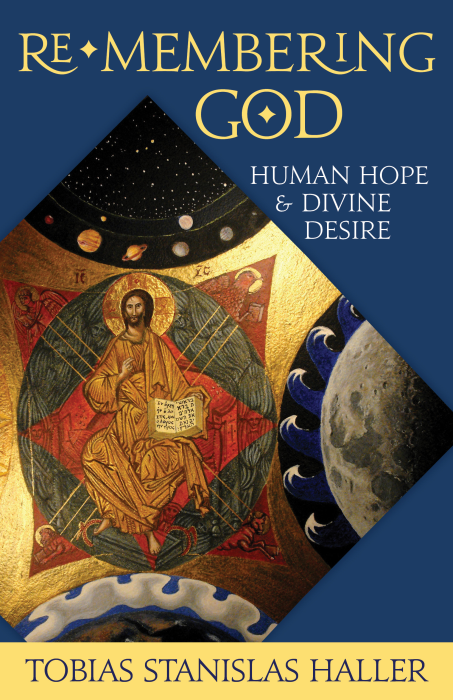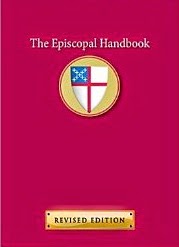Unmasking
The term "Mutual Responsibility" popped up in the late 60s in Anglican circles as a way to describe how the Communion ought to work together, and it has been part of our cultural DNA ever since, right up to and including the Proposed but Not Yet Widely Adopted Anglican Covenant. I would like to suggest that this supposedly foundational principle be unmasked for what it actually is: not a creative bit of gene therapy, but an alien virus that is ultimately harmful to the Body Ecclesiastic.
It seems to me, that beneath the mask of the high-sounding terminology works the reality of former colonialists wanting to make their former colonies (and themselves) not to feel so bad about the past and present, and pretend that "we're all equal" while knowing full well that "some are more equal than others" in terms of resources. This in part derives from the colonists' romantic (and envious) view of the emerging churches ("they have such a vibrant faith") in comparison with their own staid and stolid churches, that they feel have grown lukewarm.
Some might say I am being cynical; but this seems to cover the evidence a bit more completely than otherwise. After all, why is it that this notion emerged precisely in the era of post-colonialism if not as a part of that very movement. Who can deny that we've seen the sad results of both colonialism and post-colonialism in the secular states over the last two generations; and why should anyone assume that the church is immune from the same malady?
To test the waters, one might well ask, How can one truly be "mutually" responsible? To what extent does this "responsibility" shift from acknowledging one's own faults to the larger body, to the larger body picking out the perceived faults in the individual members — or one or two self-righteous members deciding that they can pick out the faults of everyone else? "Motes and beams" come to mind. Mutual responsibility may just end up as codependency.*
Paul, in his Letter to the Galatians, seems to have been well aware of the phenomenon of one part of the church deciding what was best for another part of the church, and the tension between missionaries and those missioned. And he neatly outlined the dilemma of "mutual responsibility" in the last chapter of that document: the tension between "bearing one another's burdens" (6:2) and "all must carry their own loads." (6:5).
The answer, it seems to me, is not so much to stress the "mutual" as the "responsibility." People ought to take responsibility for their own actions, engaging in vigorous self-critique before daring to engage in other-critique. As Paul also says, we are called to freedom, not to self-indulgence. "The whole law is summed up in a single commandment, 'You shall love your neighbor as yourself.' If, however, you bite and devour one another, take care that you are not consumed by one another." (5:13-15) If we want anything mutual let it be mutual charity and forgiveness, coupled with responsibility to the one who actually is our judge. Not autonomy, nor neither heteronomy — but theonomy, with the knowledge that God, and God alone, is both our Judge and our Advocate.
Tobias Stanislas Haller BSG
*From Wikipedia:
Codependency (or codependence, interdependency ) is defined as a psychological condition or a relationship in which a person is controlled or manipulated by another who is affected with a pathological condition (as in an addiction to alcohol or heroin); and in broader terms, it refers to the dependence on the needs of or control of another. It also often involves placing a lower priority on one's own needs, while being excessively preoccupied with the needs of others. Codependency can occur in any type of relationship, including family, work, friendship, and also romantic, peer or community relationships. Codependency may also be characterized by denial, low self-esteem, excessive compliance, or control patterns. Narcissists are considered to be natural magnets for the codependent.Does that sound familiar?
TSH








6 comments:
Did you intend to write "You show your neighbor as yourself"?
Thanks for catching that, Peter. The perils of voice recognition software as I continue to recover from tendinitis! Correction made...
I think it comes back to "what you do for the LEAST of these".
When a Nigerian Archbishop says "North American/Europeans, do what I, your former colonized, want!"
...we respond, "We are. We're responding to the needs of the LESSER of you colonized, Nigerian LGBTs."
Absolutely agree!
It's what I've believed all along; and we as a Church have contributed to this co-dependency by our own reactions to the meddling of other members of the "family."
Of course we have allowed this to happen in other venues as well. We have allowed Rome to occupy the "drivers seat" by defending our choice to ordain women rather than taking them to task for refusing to do so.
Excellent points, all. Deacon C., I've often said that Anglicans are "haunted" by Rome -- always looking over our shoulder with the uncomfortable feeling that we aren't quite a "real" church. This is a pathology, but it seems hard to cure!
Post a Comment